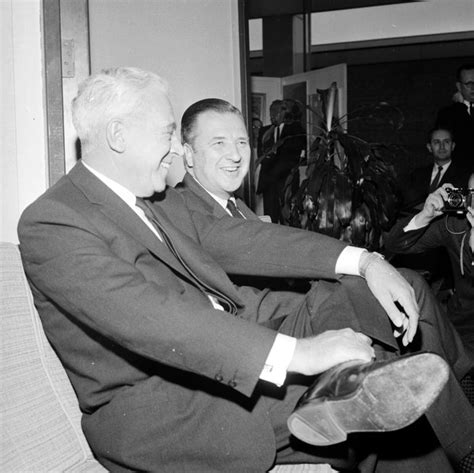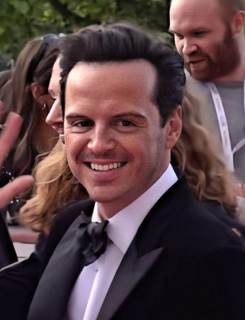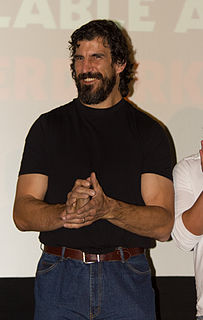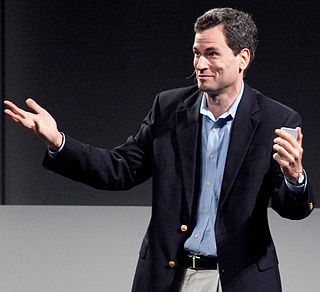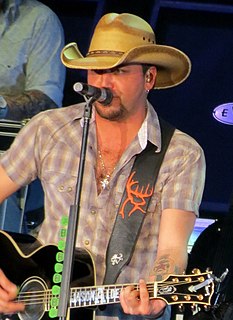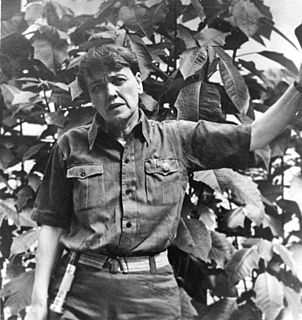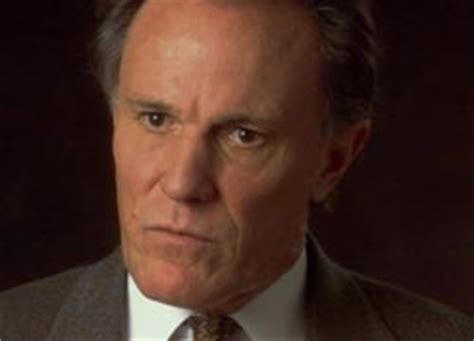A Quote by Kiana Madeira
We had to speak in a different dialect for '1666.' And when we were told that we would need to do that, I think that was the most daunting part of traveling back 300 years.
Related Quotes
40 percent of people who come to visit America on a visa overstay their visa and we have no idea where they are. On 9/11, at least 2 of the hijackers were here on visa. They were traveling back and forth to the Middle East. And we really had no idea where they were or what they were doing. And they were overstaying their visa. So there are problems I think in the immigration system that need to be fixed for our safety.
'Particularly' is particularly difficult because the 'L' and the 'R' are totally different, like totally different letters. I would spend hours in front of the mirror with my dialect coach to observe my tongue. You don't think, when you speak, about all the things that happen in your jaw and your mouth, how everything reacts, so you have to watch all those things and realise we have a totally different use of our tongue and jaws.
I also think within the scene, a specific scene - if I were to play a part that I played 10 years ago now, my interpretation of that scene would be totally different. I would be making different choices. Because I can't somehow subtract all of the experiences that I've had in my life. And it's fascinating to see, because somewhere I'm very reflective in that. You know, I've been playing basically actually close to 40 years old, so I'm somewhere lost in age in this movie. But it's been fascinating to see that I can't subtract that time.
Today, there are over 7,000 languages spoken throughout the world. They may sound different, but in every case, they're drawing on the same regions of the brain. If you had told me that stone-tool-making had something to do with our ability to speak, I would have said you've got rocks in your head, but the latest studies indicate that once Homo erectus got creative with stone, our brains were on the way to inventing the most powerful tool of all: language.
I adored you,” North said. “I just didn’t tell you. You were the most amazing thing that had ever happened to me. Nothing else like you in my world before or since. I was crazy about you. I still am. Ten years later you walk into my office and I see you and it’s like the first time, I can’t think, I can’t talk, I just need you with me. It makes me crazy, but now that I’ve got you back . . . You’re everything, Andie. I should have told you that before.
Traveling all over the country and all over the world, I think you've got a lot of pop acts and a lot of rock acts that are making a point of traveling to different places and making people aware of their music and their shows and the whole deal and I think country music has always sort of stayed, for the most part, in the states.
But there were years when, in search of what I thought was better, nobler things I denied these, my people, and my family. I forgot the songs they sung - and most of those songs are now dead; I erased their dialect from my tongue; I was ashamed of them and their ways of life. But now - yes, I love them; they are a part of my blood; they, with all their virtues and their faults, played a great part in forming my way of looking at life.
Take empathy, something added to human nature very recently and moving as we speak. Less than 300 years ago, Christians were enjoying watching a bear and dogs fight in a pit, racing Jews like horses, and had a life expectancy of less than 50 years. Today there are vegans who won't kill a fly, and yet wars too.


